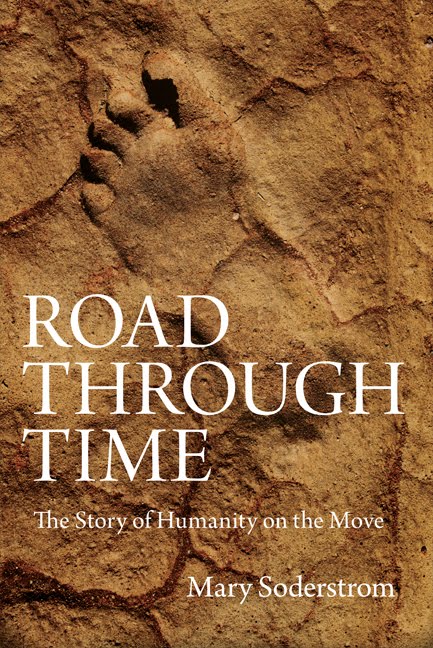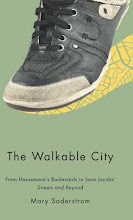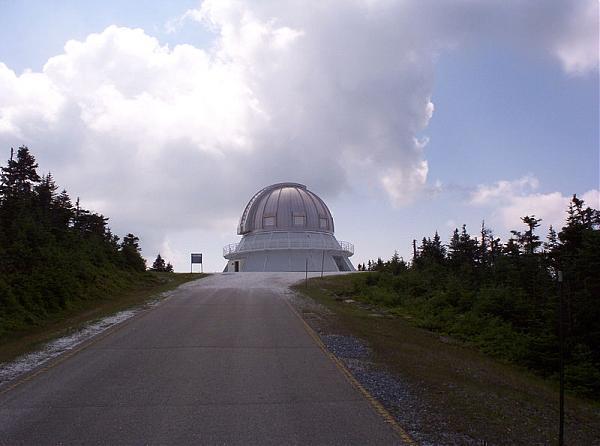It's interesting how when you're involved in something, you find relevant information everywhere. Since I'm hard at work on the chapter about how the first modern humans left Africa to people the rest of the world for my new non-fiction book
Road through Time, I've found interesting research everywhere. The last couple of weeks have been a lateral-thinkers delight, as I've been able to justify following up every lead that presents itself!

The latest is a story in
The New York Times about the way
human shoulders are engineered to throw overhand. Chimpanzees, our closest living relatives, are much stronger than we are, but they can't throw nearly as fast as a 12 year old Little League pitcher, it seems.
The reason is related to our upright posture and the construction of our shoulders.
James Gorman writes in the story about research recently reported in Nature: "Looking at the fossil record, (lead author of a study Neil)..Roach and colleagues put the moment at
which these changes came together in one body at about 1.8 million
years ago, when Homo erectus first appeared. “It’s possible that Homo
erectus could throw as fast as we do,” Dr. Roach said.

"What objects he threw is an open question. The most likely are rocks or
some sharp projectile in hunting, Dr. Roach said. Homo sapiens, the
species that would eventually form both the American and National
Leagues, did not appear until about 200,000 years ago, and did not
evolve the intellectual power and wisdom to invent the rules of baseball
until the 19th century."
Without a doubt, though, throwing hard and well helped when hunting, which meant that the pre-human guys who could, provided more food for their offspring, and left more descendants. The adaptation exists in women too, even though "throwing like a girl" is one of the ultimate playground insults. “It’s like walking,” Gorman quotes one of the scientists involved. “You have to practice.” Everyone who is
able practices walking, but not everyone practices throwing."
True: one of the things that amazed Lee was how hard it was for Lukas and his buddies to play catch at age 6 or 7. They were able little boys, but all their practice time had gone into slap shots and hockey moves. And
Jeanne, at two and a half, can't throw very well either, but her soccer- and rugy-playing father has showed her how to dribble a soccer ball. The culture you grow up in obviously counts too.
 The page proofs for my new short story collection, Desire Lines: Stories of Love and Geography have arrived from Oberon Press!
The page proofs for my new short story collection, Desire Lines: Stories of Love and Geography have arrived from Oberon Press! 






































